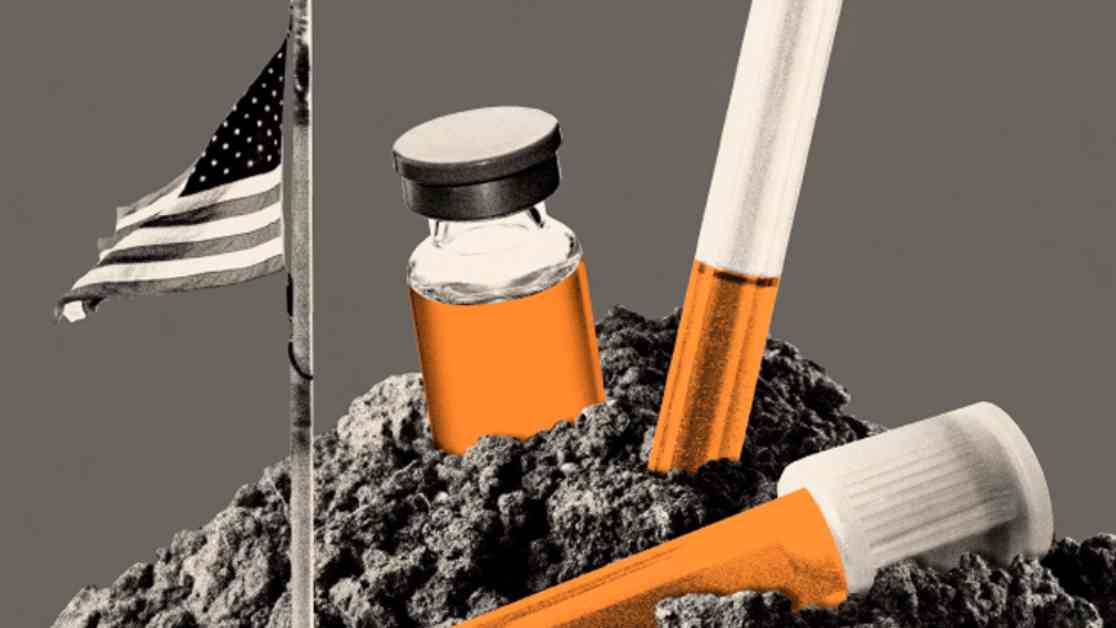American Science at a Crossroads: The Trump Administration’s Impact
The United States has a rich history of scientific innovation, but much of it was built on the foundation laid by European pioneers. However, during World War II, President Franklin Roosevelt ushered in a new era of American scientific progress by creating the Office of Scientific Research and Development. This move led to groundbreaking advancements in medicine, including the development of life-saving drugs and vaccines.
Vannevar Bush, a key figure in this scientific revolution, championed state-sponsored research and played a pivotal role in establishing institutions like the National Science Foundation and modernizing the National Institutes of Health. His vision laid the groundwork for nearly a century of American scientific dominance, with federal funding fueling breakthrough technologies like the internet, AI, and the mRNA vaccines that proved vital during the COVID-19 pandemic.
However, the landscape of American science has shifted under the Trump administration. President Trump’s policies have disrupted the long-standing bipartisan support for government-funded research, leading to communication shutdowns, data erasure, and the dismissal of hundreds of government scientists. The administration proposed significant budget cuts to key scientific agencies, sparking concerns about the future of American innovation.
Challenges in Funding and Research
One of the most significant impacts of Trump’s policies has been the halt in new grant awards by the National Institutes of Health (NIH). This freeze has left many scientists in limbo, unable to pursue vital research projects in areas like Alzheimer’s, addiction, and heart disease. The administration’s continued obstruction of funding processes has created a ripple effect throughout academia, with medical schools freezing hiring and universities scaling back programs.
The disruptions caused by the funding freeze have raised alarms among biotech investors, who warn of a potential contraction in medical innovation. While some reforms within the NIH are necessary, the current situation goes beyond restructuring and threatens to undermine decades of progress in American science. The administration’s actions risk stalling critical research efforts and jeopardizing the development of life-saving treatments for various illnesses.
The Global Scientific Landscape
At a time when scientific output is more critical than ever, the U.S. faces increasing competition from countries like China, which have been rapidly advancing in research and development. China has surpassed the U.S. in several key scientific metrics and is on track to match American spending on R&D by the end of the decade. The Trump administration’s approach to science funding could further diminish America’s global standing in scientific innovation.
The potential consequences of the administration’s policies are dire. Without sustained investment in foundational research, the development of new treatments for diseases like Parkinson’s, pancreatic cancer, and dementia could be severely hampered. The dismantling of critical programs like the President’s Emergency Plan for AIDS Relief and the lackluster response to emerging health threats like the flu and measles outbreaks underscore the urgent need for robust scientific leadership.
In the face of these challenges, it is essential to recognize the indispensable role of science in safeguarding public health and advancing human welfare. As Vannevar Bush aptly noted, scientific progress is integral to the nation’s well-being and must be supported as part of a collaborative effort. The future of American science hangs in the balance, and it is up to policymakers and citizens alike to ensure that the torch of innovation continues to burn bright.












